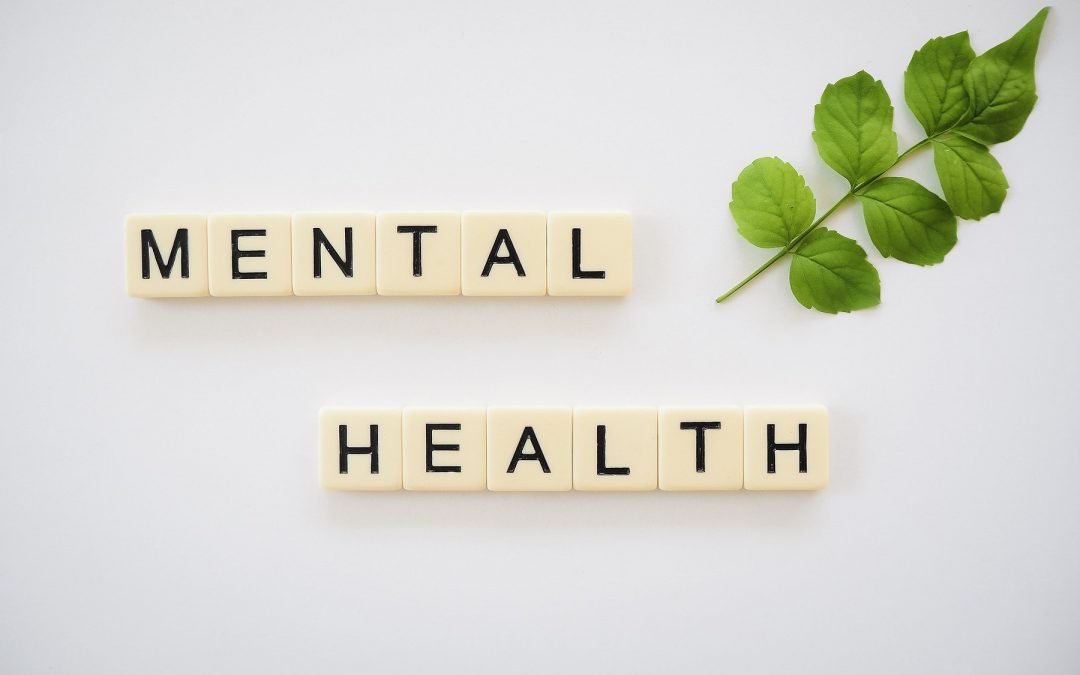The Link Between Mental Health and Purpose
Last Sunday was World Mental Health Day. And so, it seemed a good time to talk about the link between purpose and mental health. There have been many studies done which prove there is a positive link between purpose and mental health.
The Studies Prove It
Psychological wellbeing is important for both health and longevity and can be broken down into 6 areas. The Ryff Scales of Psychological Well-Being are Autonomy; Environmental Control; Personal Growth; Quality Relationships; Purpose; and Self-Acceptance. Of these, the latter two seem to have the biggest impact on future health and even mortality.
The Jan/Feb 2020 issue of The Journal of Clinical Psychology, an article talked about a recent study. 1,042 adults were asked to fill out questionnaires about meaning in their lives. Their responses were compared with data on their physical and mental wellbeing.
Basically, those who believed they had meaning in their lives also had better physical and mental health scores AND a higher cognitive function than those who didn’t. (Average age of the participants was 65). This has also been linked in studies to lower cardiovascular risk, lower weight, higher ‘good’ cholesterol, and lower inflammatory response.
Purpose Helps You Live Longer!
And not only that but those who reported greater purpose in life had a reduced rate of cognitive impairment and were 2.4x less likely to develop Alzheimer’s or depression. (The Rush Memory and Aging Project).
Life is full of stuff. Situations you would not necessarily choose to be in. The difference in coping or not coping seems to be in choosing to believe you can cope. Whether you think you can or you think you can’t – you’re right.
Man’s Search for Meaning
Man’s Search for Meaning is a 1946 book by Viktor Frankl. It relives his experiences as a prisoner in Nazi concentration camps, and describes his method of coping, which involved identifying your purpose – a future goal, and then fully focusing on imagining that outcome. According to Frankl, the way a prisoner imagined the future affected his longevity.
I’m sure it is not as simple as that, when faced with unimaginable horror like the concentration camps. But I think there is something to it. Perception is everything. And if you can see every situation as temporary, what a difference that can make.
Things Are Temporary.
We often amble along in life in a comfort zone. Things seem to be going OK, and you become complacent. If you consider things to be temporary which – let’s face it, they are – then it has a very positive effect. For positive occurrences, it ‘gives us pause’ as the expression goes.
In other words, it makes us stop and smell the roses. If you know something good will not last forever, then you are more likely to appreciate it. Think how much you appreciate your holiday or Christmas. And this skill is arguably even more important when it comes to situations that are or could be conceived as, negative.
If you are able to understand that this situation is temporary, even in the middle of massive adversity, then there is room for hope for the future. This type of thinking builds resilience and helps with positive coping mechanisms.
The other thing that helps with coping mechanisms is talking to others. So – if mental health day has thrown up any challenges or put a spotlight on any situations or relationships, then please talk to someone.
